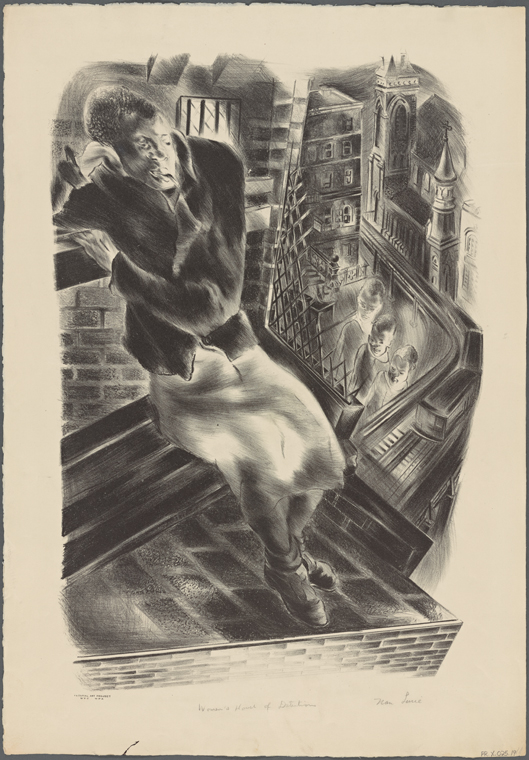Help Criminalized Survivors of Violence For the Holidays!
Last week, I shared an article in Salon Magazine about the plight of incarcerated and criminalized people in women’s prisons. One finding was particularly striking to those who read and circulated the article:
“According to a recent study, 86 percent of women who have spent time in jail report that they had been sexually assaulted at some point in their lives. As well, while women represented just 13 percent of the jail population between 2009 and 2011, they represented 67 percent of the victims of staff-on-inmate sexual victimization.”
No one who has any contact and/or experience with jails and prisons would be surprised that they are filled to the brim with victims/survivors of domestic and sexual violence. Those of you who know my work know that I have spent many years supporting criminalized survivors of violence through various organizations and interventions. Most recently, I co-founded Survived and Punished with several comrades.
Every Holiday Season, I partner with various groups to support their efforts to give gifts and necessities to the people they support. This year is no different. To kick off, I am partnering with STEPS TO END FAMILY VIOLENCE to help them ensure that some women jailed at Rikers Island receive holiday gifts.
The Criminalized Survivors Program at STEPS to End Family Violence supports survivors of intimate partner violence, and other forms gender-based violence, who have been criminalized for their efforts to survive or resist abusive partner behavior. Hundreds of women, as well as trans men and gender non-conforming people, are currently detained at the Rose M Singer Center at Rikers Island–all survivors of the trauma of racist state violence–and the majority identifying as survivors of some form of relational trauma. The Criminalized Survivors team at Rikers provides emotional support to survivors facing criminal charges that are directly connected to their survival, opportunities to connect with other survivors through dynamic group work, and robust legal advocacy and court support in collaboration with defense teams.
Every year, STEPS holds several events at the RMSC Visit House for participants in the program, where survivors can enjoy good food, music and dancing, an open mic, and more. The upcoming Holiday Family Reunification event on December 12 is an opportunity for survivors to spend a day with their children and other family members. The Criminalized Survivors team supports approximately 60 women (including trans women) and TGNC people per year who are detained at Rikers or facing charges in the community.
All donations of items to the wishlist will go directly to criminalized survivors.
Here’s how you can help STEPS and the criminalized survivors currently incarcerated at the Rose M Singer Center at Rikers Island for the holidays:
1. Donate items from the Amazon Wish List. Please make sure items arrive by December 10. Select Julia Shaw as the address to mail items.
2. STEPS will be providing food for STEPS to End Family Violence 31st Annual Family Reunification Celebration on Rikers Island on December 12. Cash donations are very welcome. Donations can be made HERE. Please select “STEPS to End Family Violence” under Gift Designation, and in the notes section to write “STEPS Rikers Family Reunification Event 2017.” Any contribution will go directly to purchasing food, supplies, and gifts for this event, and any extra funds would go directly to supporting other events and activities with STEPS participants at Rikers (such as the Mother’s Day event).
3. If you live in NYC and would like to drop off items directly to STEPS, you can do so. Here’s what they need:
“We are always in need of soft cover journals, soft cover fiction and non-fiction in English and Spanish, soft cover puzzle books, pajamas in all sizes (they have to have patterns and are not supposed to have colors that could be considered gang colors, like red, blue, green. Sometimes we can get PJs in and sometimes not), underwear and socks. We are also always in need of court clothes in all adult sizes–slacks, blouses, jackets. Anyone who wants to donate items is welcome to connect directly about drop off/pick up. Our building in East Harlem closes at 6pm every day, which can make drop off challenging, but we’re always happy to make arrangements to meet people off site if that’s easier.” You should contact Julia Shaw ([email protected]) and/or Nancy Diaz ([email protected]) if you want to make a direct drop off of items.
If you are interested and able, please donate from the wish list and also make cash donations to support criminalized survivors of violence at Rikers Island. Thank you so much.

